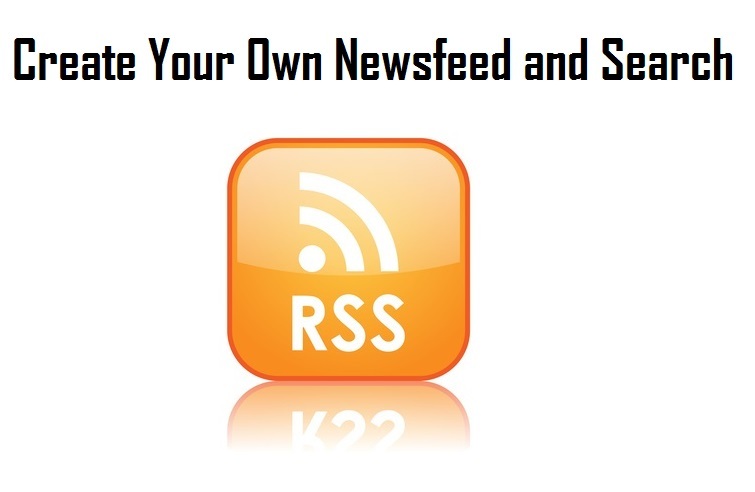RSS: How to Create Your Own Newsfeed and Search
With it becoming more and more difficult to find information on the Internet with Google and Microsoft increasingly working hard to control all online content, it is more important than ever for people to learn how to use RSS feeds. RSS feeds allow you to capture new articles published throughout the day without using email subscriptions, social media, or having to use online search engines or AI chat bots. RSS stands for Really Simple Syndication (or sometimes Rich Site Summary.) It was developed back in the 1990s during the infancy of the Internet, and was originally called RDF (Resource Description Framework). Almost all websites publishing content still use this technology today by using an XML file format that is included with each new article published, that can then be retrieved by an RSS feed reader as soon as that content is published. The more sites you add to your RSS reader, and the longer you use it, you will soon have your own "database" of sites that you prefer, which you can then search on your local computer or device. And don't just add sites you agree with, but add other sites that give different perspectives, so you do not succumb to online propaganda. When it comes to news, add other country's English news sites as well, such as Russian, Chinese, Arab, etc. so you can compare what the U.S. corporate media is reporting, compared to what other countries report on the same news topic, even if the other country's news site is just propaganda also from their government.




